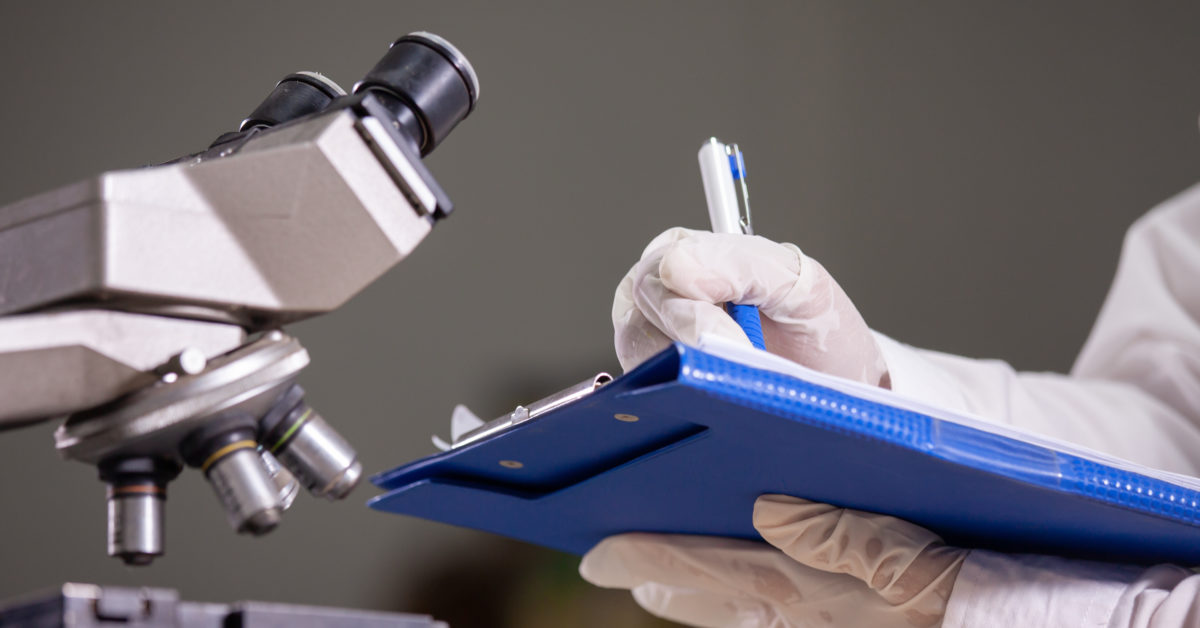Using a mouse model, researchers have recently shown that a synthetic antibody could neutralize SARS-CoV-2. This could help prevent infection as well as treat COVID-19 in those who already have it.

SARS-CoV-2, the new coronavirus, gains entry into cells in the body using a receptor called angiotensin-converting enzyme 2 (ACE2).
ACE2 is present on the surface of cells in the airways and the lungs. After a person inhales viral particles, spike proteins on the outside of the virus bind to this receptor, which allows the virus to enter cells and cause disease.
Other coronaviruses, including the virus behind the 2002 SARS outbreak, also bind to the ACE2 receptor. However, it seems the new coronavirus binds to it more tightly, perhaps underlying its higher infectiousness.
Researchers from Tulane University in New Orleans, LA, have now developed an antibody that stops the virus from attaching to the ACE2 receptor, ultimately preventing infection.
In a paper on the preprint server bioRxiv, the researchers say that healthcare professionals could use the antibody both before and after a person has had exposure to SARS-CoV-2. It could be especially beneficial for people who cannot receive a vaccine for health reasons.
In an effort to trick the virus, the researchers behind the study designed a “decoy” ACE2, which the virus recognizes in the same way it does the real thing. However, it is not attached to cells in the body.
This decoy protein intercepts to neutralize the virus before it can attach to ACE2 on cells and cause infection.
Although scientists have used ACE2 in a soluble form before and it is safe in humans, it generally does not stay in the body for long and cannot reach the lining of the lungs — which is crucial for treating a respiratory virus.
To overcome these problems, the team attached ACE2 to the end of an antibo

